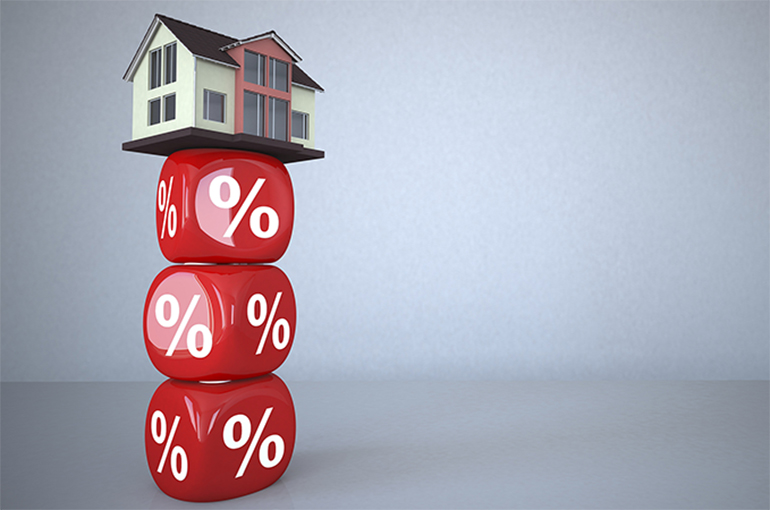 China’s Banks React Coldly to PBOC’s Proposal to Cut Existing Mortgage Rates
China’s Banks React Coldly to PBOC’s Proposal to Cut Existing Mortgage Rates(Yicai Global) July 17 -- Chinese banks have yet to respond to the People’s Bank of China’s suggestion that they lower the interest rates of existing mortgages. This is because home loans make up a large percentage of their lending and the move will have a negative impact on them, Yicai Global has learned.
Lenders are mulling rate adjustments based on their particular circumstances, a person working at a joint stock bank told Yicai Global, adding that the implementation schemes are expected to vary from bank to bank.
Commercial banks and other kinds of lenders are encouraged to amend contracts with borrowers through voluntary negotiations in accordance with market-oriented principles and the rule of law, Zhou Lan, head of the department of monetary policy at the People's Bank of China, said on July 14.
Banks can also issue new loans at a lower rate to consumers to replace existing loans at a higher rate, Zhou said.
Most of the bank staffers contacted by Yicai Global, including Bank of China, China Construction Bank, Bank of Hangzhou and Bank of Ningbo, said that they are still using the mortgage rates based on the original contracts as they have yet to be notified of rate policy adjustments by their respective supervisors.
A rate cut scheme has not been rolled out yet, said the Guangdong province branch of a major bank.
The PBOC's proposal can help apartment buyers to cut their financing costs, and to some extent, reduce the risk of them breaching their borrowing agreements by repaying their mortgages earlier, which could cause the bank to lose out on the income it earns from interest, said Xue Hongyan, deputy director at research body Star Atlas Institute of Finance.
But according to banking insiders, the move will just make things harder for banks, especially those with a high proportion of personal mortgages, said Liao Zhiming, chief banking industry analyst at China Merchants Securities.
'For banks, especially big ones, lowering the rate of existing mortgages will cause short-term pain," said Dong Ximiao, chief researcher at Merchants Union Consumer Finance.
Difficult Decisions
China’s six state lenders as well as China Merchants Bank and Industrial Bank all had extended over CNY1 trillion (USD139.4 billion) each in home mortgages as of the end of last year, according to Wind Information data.
Among them, China Construction Bank had issued the most home loans at CNY6.5 trillion, taking up over 79 percent of its overall personal loans. While the ratios at Industrial and Commercial Bank Of China, Agricultural Bank of China and Bank of China were all over 70 percent.
"Lowering the rate of existing mortgages will put huge pressure on these banks but it seems that they have little choice or they face losing customers," a credit loan manager at a big state-owned bank said.
"If a lender does not reduce its mortgage lending rate, a customer could pay off the loan by borrowing from another bank at a cheaper rate, and thus switch banks," said Zheng Dayuan, general manager at a mortgage agent firm based in Guangzhou city.
The loan prime rate for loans of five years or more has been adjusted seven times since 2019 as the macroeconomy slows. And the lower limit on mortgages for first-time buyers sank to under 4 percent in over 40 cities, according to the China Index Academy.
In the first half, the weighted average rate of newly issued individual mortgages tumbled 107 basis points year on year to 4.18 percent, the lowest level since statistics began.
Between 2018 and 2021 rates were above 5.4 percent at most banks and reached a peak of 5.7 percent, according to data from CSPI Ratings, a unit of China Securities Credit Investment. Homeowners who signed their mortgage contracts during this period will be highly motivated to look for refinancing in order to cut their interest repayment burden.
Editors: Tang Shihua, Kim Taylor